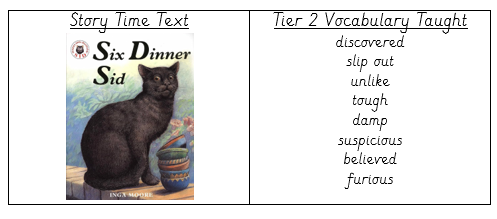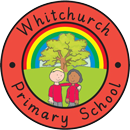Talk through Stories
Becoming a fluent, skilled and attentive reader starts at the earliest stages, before children even encounter a book for the first time, driven by the quality of talk with them that expands their vocabulary and comprehension.
In Reception and Year 1, sessions designed to develop comprehension and foster a love for reading take place every day. These begin with a greater focus on listening comprehension, moving towards developing an understanding of written (language) comprehension.
The Talk through Stories approach helps to build children's oracy and prosody, whilst simultaneously developing children's language and vocabulary comprehension skills. We follow a two-week timetable for each text selected. In the first week, children take part in 'Story Time' activities. The following week, children take part in 'Vocabulary Time' activities.
In the Story time sessions, we help children to get to know the text really well. We spend time exploring the plot, the characters, their actions and motives. We learn familiar and favourite phrases whilst joining in with retelling the story. If the children are already very familiar with the story, the content of these sessions may be covered in fewer sessions. We revisit and retell parts of / the whole story every day.
In the Vocabulary time sessions, we explore eight words from the story.
These words have been specifically selected as they are what Isabel Beck, calls ‘Tier 2’ words. These are words that the children are unlikely to hear in everyday conversation but are likely to come across in stories. These words are not only explored in the context of the story but also in the context of the children’s everyday lives. We revisit and recap the vocabulary learnt every day. After we have completed a text, we retrieve vocabulary learnt through games such as 'Words on the Wall', and incidental practice.
An example of tier 2 vocabulary taught through 'Six Dinner Sid'







